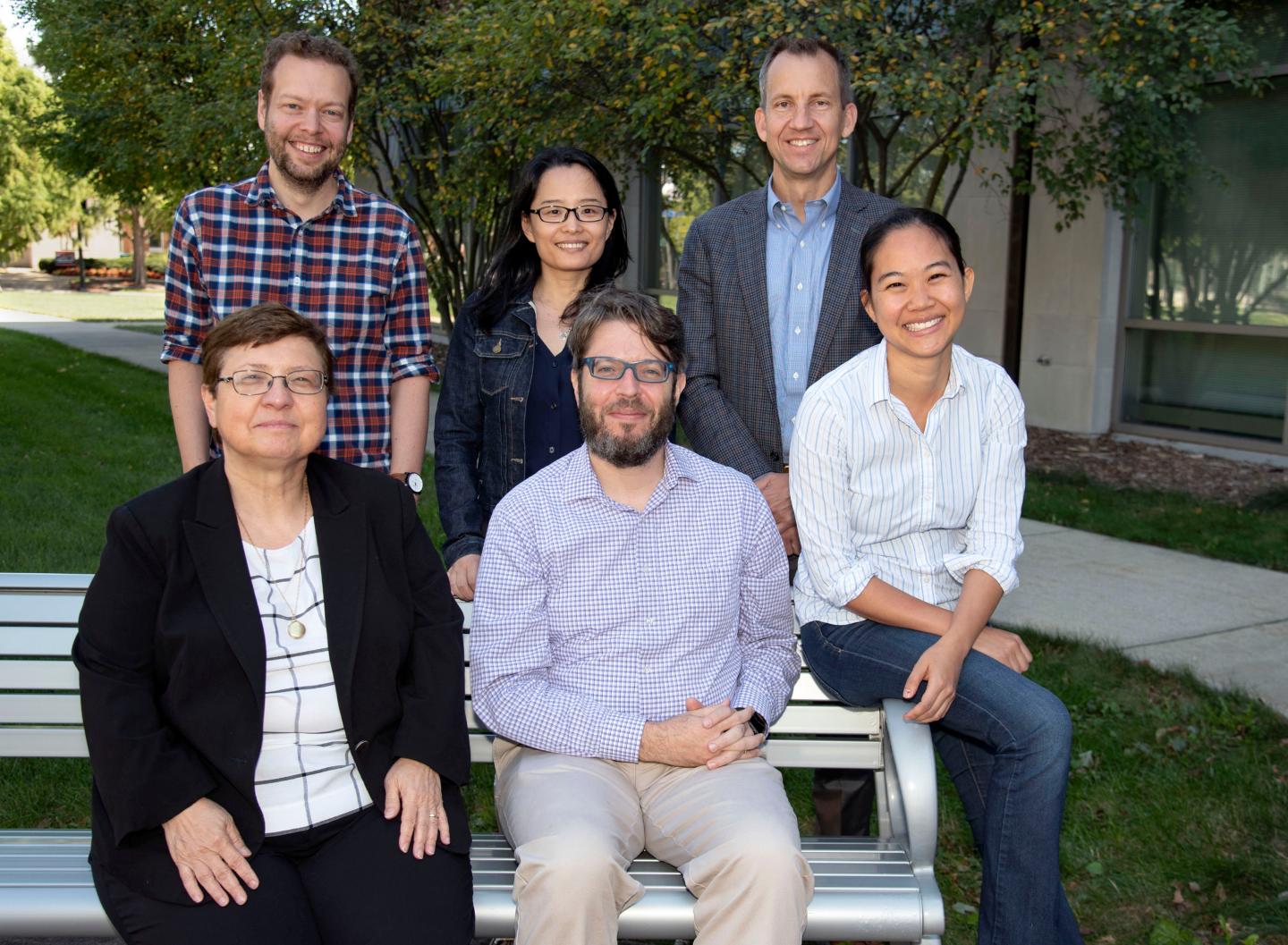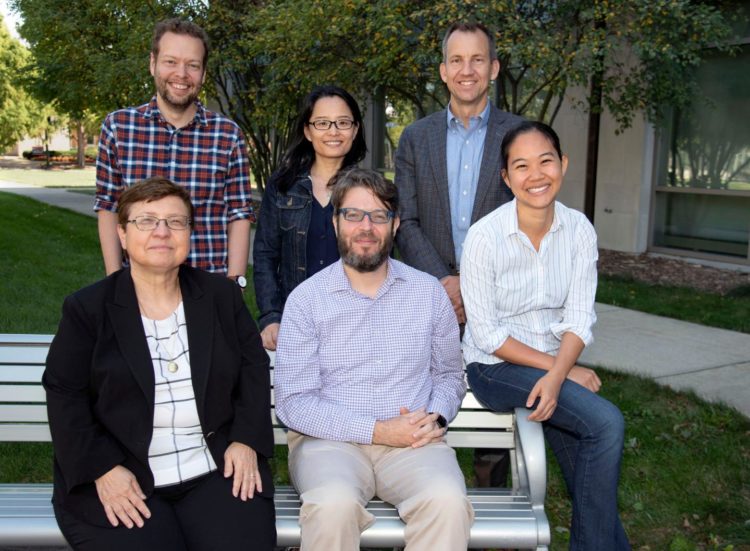
Credit: Heather Coit, Grainger College of Engineering
The University of Illinois at Urbana-Champaign has been awarded a National Science Foundation (NSF) Research Traineeship (NRT) grant to begin a PhD level certificate program, which combines materials and data science.
“This allows us to essentially plant a flag in that area and really train a new generation of graduate students,” said Harley Johnson, the Associate Dean for Research for Illinois’ Grainger College of Engineering and the principal investigator of the project. “The internship part of the program is unique and sets us apart even from the other NRT programs around the country.”
Johnson notes that he has heard from both domestic and international partners in industry and at national laboratories of a real need for highly trained PhD level individuals knowledgeable in both areas as part of their workforce. Those partners cover a spectrum of industries, including manufacturing, transportation, automotive, aerospace, health care (materials for medicine), and energy.
“Even before we put this team together, they were coming to us and asking how can we grow a pipeline of PhD researchers who know these topics,” Johnson said.
The grant will enable the university to expand the scope of the National Center for Supercomputing Applications (NCSA) Industry program, which gives students a six- or 12-month internship with companies like Rolls Royce, John Deere, or Caterpillar or at a national laboratory within the United States or internationally.
“We have a large enough network that we should be able to match students with partners closely related to their PhD programs that it won’t delay their degree progress,” Johnson said. “They’ll leave with strong connections that could lead to jobs. We also expect new collaborations between faculty and these partners.”
Johnson adds the materials research ecosystem spanning a number of engineering departments and interdisciplinary research units (IRUs) like the Materials Research Laboratory combined with a leading high-performance computing infrastructure make the University of Illinois the ideal institution to grow the program.
“On top of that, we have this emerging data science initiative on campus, with highly respected programs in statistics and the School of Information Science, which helps make this a unique place to host something like this.”
To that point, nine faculty from six different departments are part of the proposal with about another half dozen closely affiliated, giving Illinois a core team to support the initiative. That critical mass will enable about 72 student years of support over the five years, a larger footprint than what might normally be possible with a $3 million grant.
“The number of industries that materials touches is really vast,” Johnson said. “Using big data to solve problems is becoming more and more important, whether it be through basic science or translational application.”
The project is one of two NSF training grants on campus, the other in neuroscience. The University of Illinois is building the infrastructure to support the pursuit of the training grants, through NSF, the National Institutes of Health, and beyond. The model provides interdisciplinary training through graduate programs, which live between departments. To learn more about the campus initiative, visit illinois.edu/researchtraininggrants.
“It makes this a little different than a research grant in that it focuses not only on just the creation of new knowledge, but also being intentional about training the next generation of skilled scientists and engineers to enter the workforce,” Johnson said.
The training grant is one of 17 NSF is awarding nationwide to develop and implement graduate education traineeship models in science, technology, engineering and mathematics (STEM) fields. These projects will immerse students in interdisciplinary research and deliver training in career-aligned skillsets, that will enable the next generation of scientific leaders to tackle complex, societal problems.
“NRT projects are changing the graduate education landscape and preparing STEM scientists for 21st century careers,” said Karen Marrongelle, NSF assistant director for Education and Human Resources. “These STEM graduate students collaborate with diverse groups of stakeholders to tackle complex problems, where solutions often involve large datasets and sophisticated analyses.”
###
Media Contact
Harley Johnson
[email protected]
Original Source
https:/





